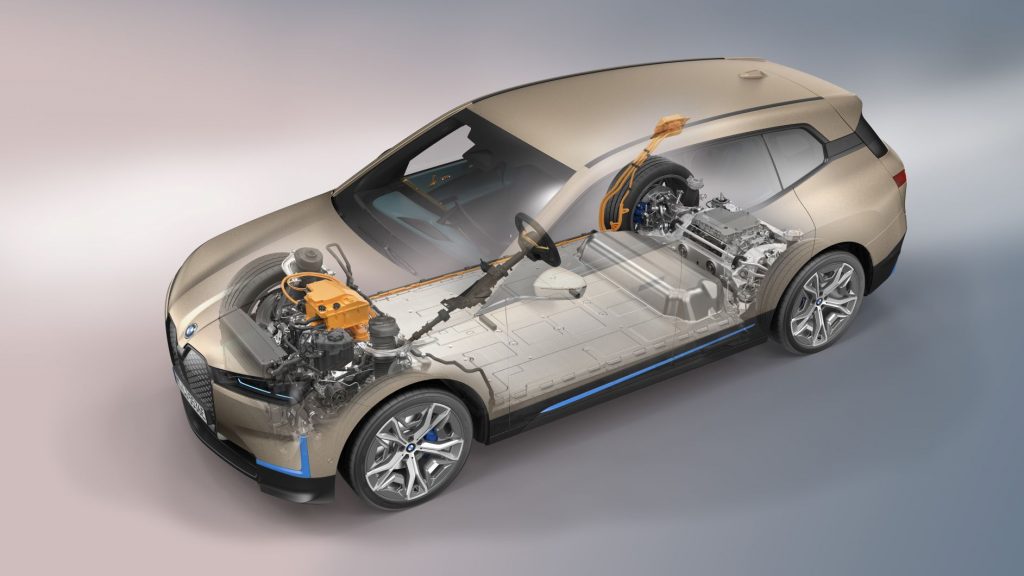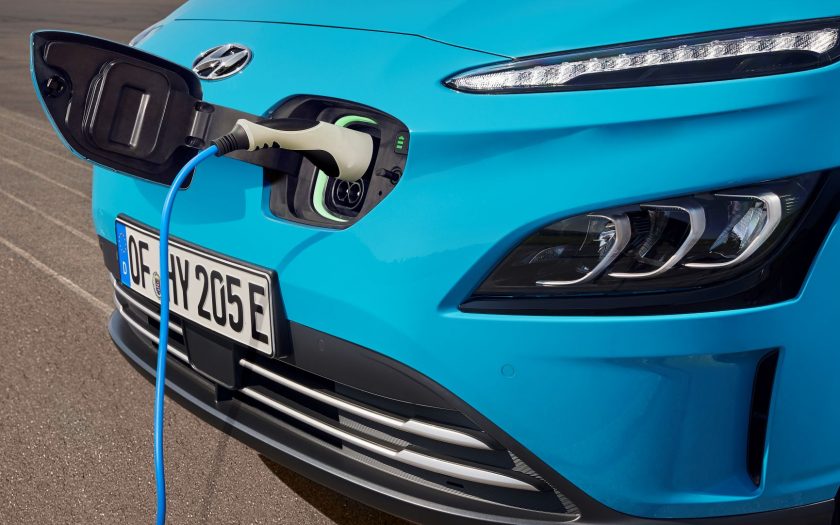THE PROPOSED 2.5-CENT per km tax levy on electric vehicles in Victoria is certainly controversial, but is it unconstitutional?
Two Victorian drivers argue that it is and are willing to take their case to the High Court to prove their case.
The policy was passed into law in Victoria in May and implemented on July 1.
Victorian Treasurer Tim Pallas claims the tax is necessary to ensure EV drivers pay their fair share towards road maintenance and argues that state government support for EVs outweighs the cost of the tax.
The disgruntled EV drivers’ case hinges on Section 90 of the Australian Constitution that defines what taxes can be levied by states and prohibits states from imposing any tax that can be considered a customs tax or excise.

One of the complainants is Kathleen Davies, an engineer who says, not without justification, that the tax is both bad policy and a case of a state government going beyond its remit. She drives a hybrid which is taxed at 2 cents per km under the new Victorian laws.
The other plaintiff is Chris Vanderstock who says he recharges his car using solar panels at home.
Lawyer Jack McLean of Equity Generation Lawyers, arguing the case for Davies and Vanderstock, maintains both the legal and political arguments for the tax are flawed.
“(The tax) makes EVs less affordable,” he claims. “It ends up being about $5000 over the life of a car.”
Legal experts think the challenge is unlikely to succeed, pointing out that Section 90 prevents states from imposing excise taxes but not consumption taxes.
The Victorian government argues that drivers of petrol-engined cars pay an average of $600 a year, compared to EV owners who will be charged $300 a year.
However, it isn’t state governments who apply excise to fuel; it’s the federal government.
Mr Pallas trots out the usual argument that the EV tax “ensures all motorists pay their fair share to use our roads.” Mr McLean counters that petrol car users do not pay taxes to directly fund state government road projects. Instead, fuel excise revenue goes into a consolidated revenue fund that is then re-allocated to the states. “It’s no more true to say that fuel excise pays for road infrastructure than it is to say GST pays for road infrastructure,” he argues.
